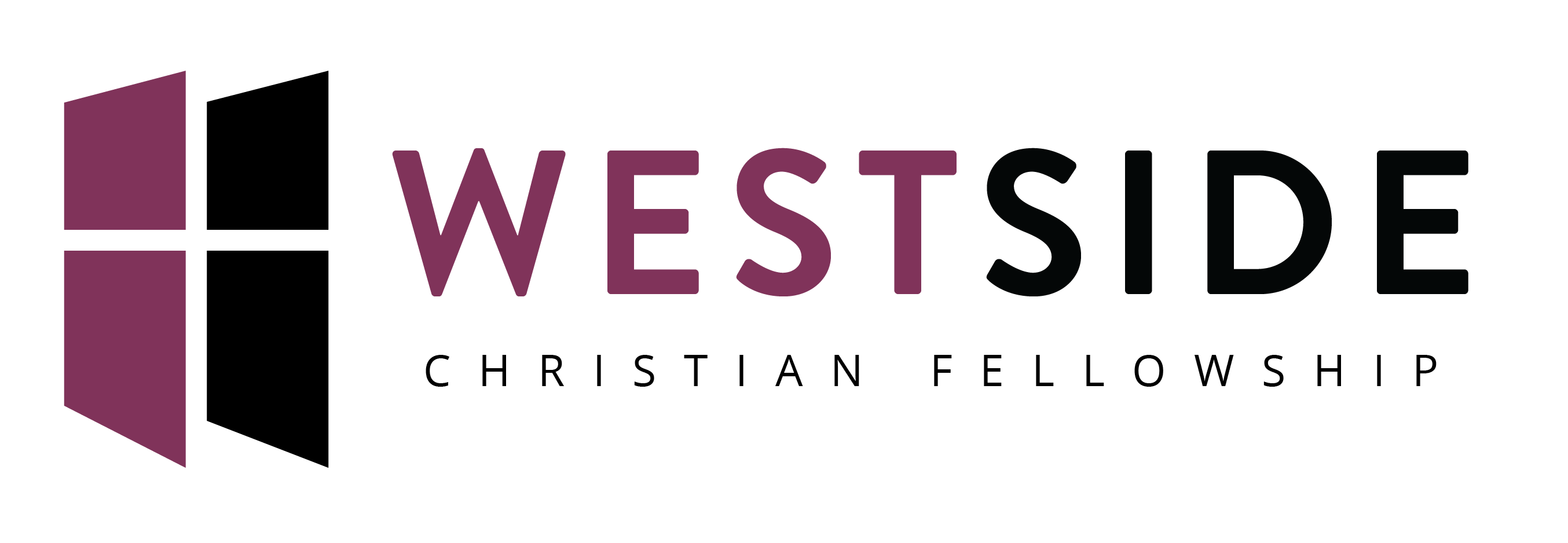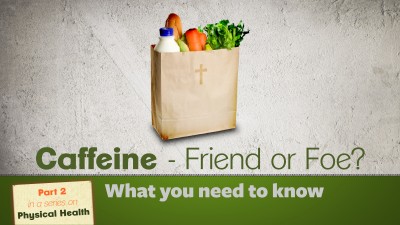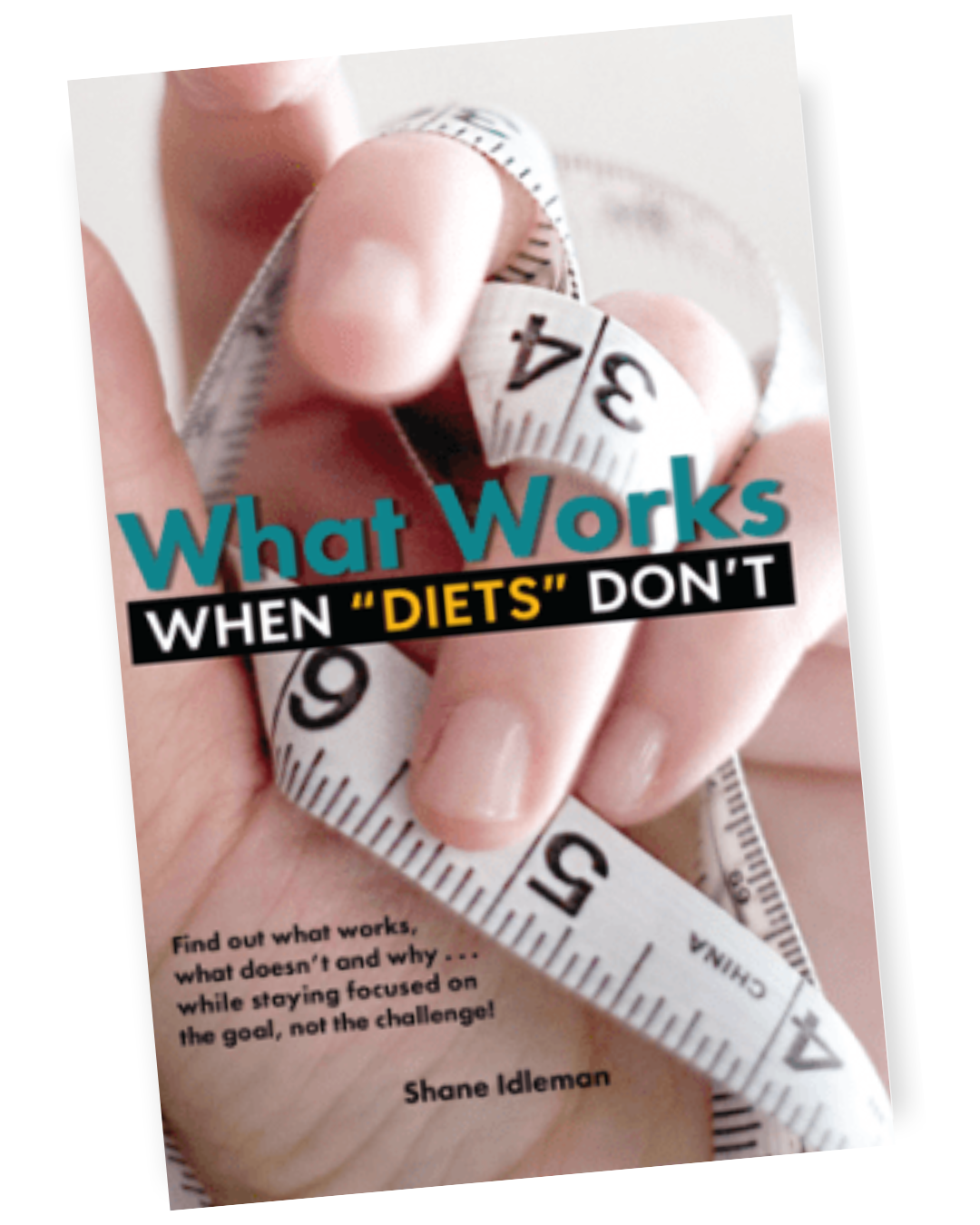Part 2 in a series on physical health
As stated last week, I don’t believe that everyone will be healthy and wealthy. We live in a very sinful world that often results in disease and sickness. God sometimes uses pain, sickness, disease, and suffering to draw us closer to Him; however, we cannot throw the baby out with the bathwater and totally dismiss physical health. Obesity and poor health zaps energy and robs from life. Poor nutrition affects us negatively in several different ways. High levels of caffeine or nicotine, for example, lead to irritation, anger, impatience, and anxiety…not good qualities to possess. They are the exact opposite of the fruit of the Spirit.
I also encourage those suffering with depression and anxiety to look first at their spiritual and physical health. I’m not minimizing depression or anxiety, they are debilitating, but we shouldn’t immediately assume that we need a prescription without first checking the obvious—do we have a strong devotional and prayer life, are we monitoring our thought life and media choices carefully, are we taking care of our body? Exercise is a natural stress reliever. God created us to move and to be active. Regardless of what the culture promotes, choosing to follow a healthier lifestyle is the first step in making health a priority (but not an obsession).
The purpose of food is to meet our nutritional needs, not our wants. That bears repeating: food was created to meet our body’s “needs” not our “wants”—to heal, restore, and replenish. Many of America’s most popular foods have little nutritional value, and contain harmful ingredients. Add to this the absence of organic (the way God designed it) fruit and vegetables for fiber and dietary value, and it’s obvious why cancer now affects one out of three individuals—we’re not feeding the body what it needs to fight cancer, heart disease, and poor health, in general. No wonder many experience extremely low energy levels, attention-deficit problems, sleep disorders, anxiety, and mood swings, to name only a few. Therefore, a first step toward better health is to eat God-given, organic foods when possible. It would have been to my benefit to follow this plan earlier in my life.
The next step I recommend is to read food labels and to know what you’re consuming. Trust me, you will be shocked. Many of the additives found in food today are simply there to enhance flavor, color, and appearance, and to substantially increase the shelf life of the product. Unfortunately, this approach is far from healthy. We were created to consume living, life-sustaining, God-given foods that nourish and support a healthy body, not dead, life-depleting food from a factory. The life of the food is to be deposited into the body to support and maintain life. If you can avoid empty foods and limit caffeine and junk food consumption, and instead, consume more life-giving foods, you’ll be well on your way to better health.
Another important step, although extremely difficult, involves removing addictive substances that undermine health. I vividly remember a comment from a clinical nutritionist that motivated me, “Discontinuing caffeine intake leads to significant improvements in health…far more than just dieting alone.” He also made the connection between depression, anxiety, and panic attacks to excessive caffeine.
Don’t get me wrong, as a person who once loved a few strong cups of coffee, I understand that moderation is the key. The body is kept in a constant state of stress resulting in adrenal fatigue…no wonder it breaks down often and why many never overcome fatigue. Contrary to popular belief, stimulants don’t actually help fatigue; they contribute to it by robbing Peter to pay Paul.
Since caffeine runs along the same biochemical pathways in the brain as cocaine, opium, and amphetamines, quitting can be a nightmare. My suggestion is to back off day by day until intake is very minimal, and use organic green tea (light caffeine) whenever possible. You’ll be shocked by the results. Granted, the first week to 10-days may be torture, but it will be worth it. The withdrawal symptoms alone reveal the power of this drug. I was fascinated to read that the logo of a very popular coffee franchise represents a seductive image that allures and entices. How ironic.
The Diagnostic and Statistical Manual for Mental Disorders now recognizes caffeine-related disorders such as caffeine intoxication, caffeine-induced anxiety disorder, and caffeine-induced sleep disorder. These can begin with even minimal doses. Increase the amount to 500mg. of caffeine (the amount found in approximately 24 ounces of coffee) and these symptoms are dramatically increased. All this can lead to angry outbursts, panic attacks, severe depression, and extreme irritability. This begs the question, “How many are suffering mentally and physically simply because of poor health—continuing the addiction rather than removing the cause of the problem?” Not in all cases, but in most, depression, anxiety, irritability, and so on, could be severely curtailed if health (spiritual and physical) was a priority.
In the same way that a hiker feels released, energized, and unburdened after removing a 50-pound backpack, you’ll feel released and energized after removing stimulants. I became a more patient, kind, and easygoing person when I quit abusing coffee. I never realized how much it was contributing to my anger, irritability, mood swings, and anxiety until at least a week after weaning off, and the withdrawals brought out the worst in me. I always excused my poor attitude with statements such as, “I had a bad day…I’m under a lot of stress. I’m tired.” Ironically, I was the primary cause of my “bad” days, stress, and fatigue. As much as I wanted to be filled with the Spirit, I was feeding my body a substance that was counter-productive.
Remember, your main goal is health and stimulates aren’t healthy. Ask yourself, “What is the risk to my health versus the benefit to my health?” Are the benefits going to outweigh the risks? No. Your heart and organs work very hard, and they don’t need added stress.
It’s not my intent to point solely to coffee, stimulants, soft drinks, and energy drinks, because there are many other addictive substances; neither is being legalistic my goal. My heart is to simply share how the most addictive substance in America affects health, and then let you be the judge.


